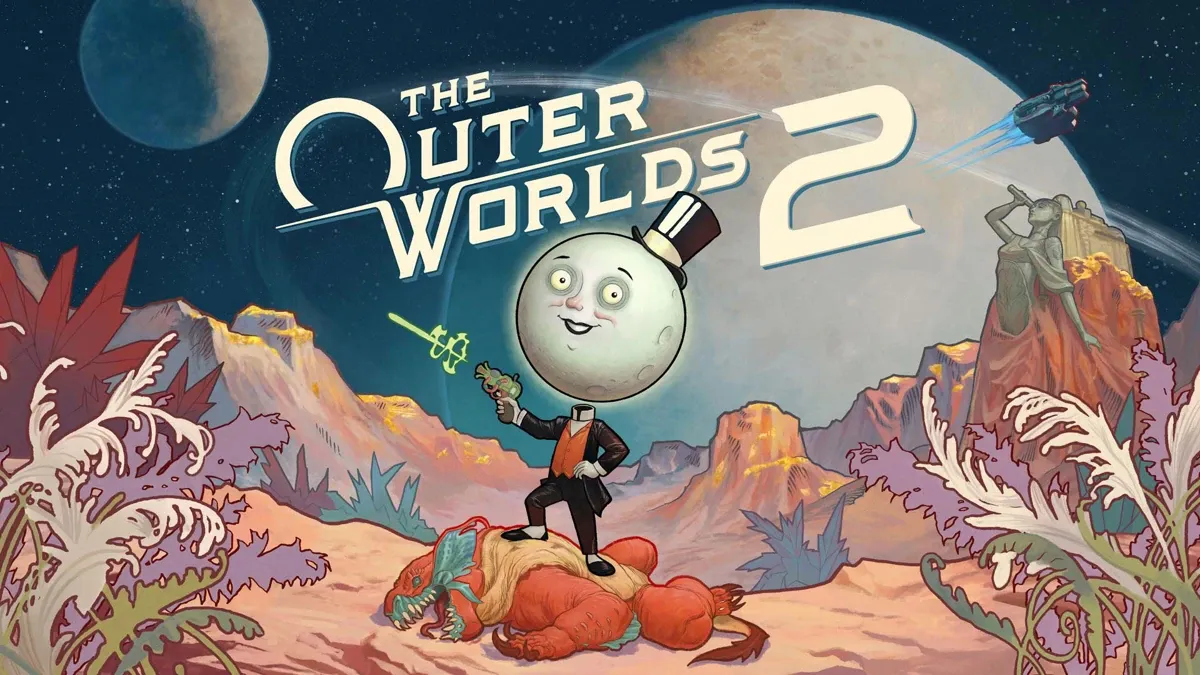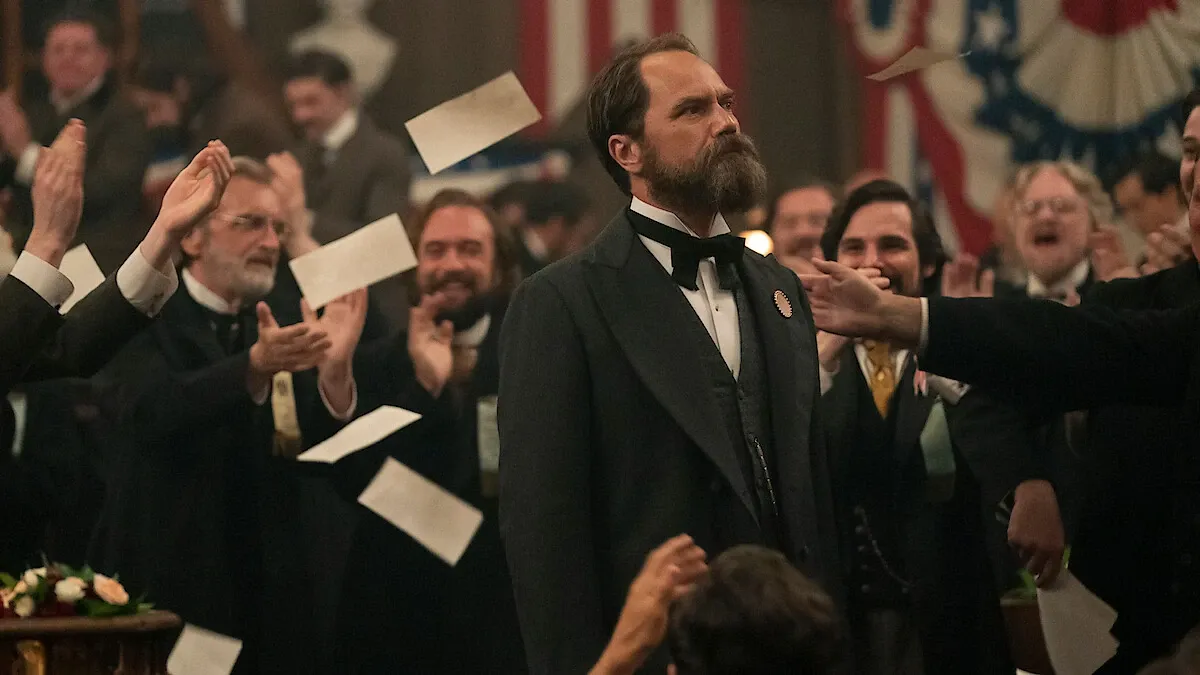OZARK is a smart, compelling, and breathtakingly well acted show that loves melodrama so much it actively hurts the big picture. Now in its third season, the story of a family caught working for a Mexican cartel is still thrilling, but more often than not feels stuck spinning too many plates at the same time.
The dynamic between Marty (Jason Bateman) and Wendy (Laura Linney) is still as magnetic as ever, both excellently playing off one another. The series picks up some six months after Wendy rose to the task of assuming a greater role in the criminal enterprise, and Marty is more than uncomfortable about where things are going. Things are exacerbated by Helen (a returning Janet McTeer) arriving to oversee operations in the face of an all out cartel war. McTeer gets a larger role this season, establishing herself as one of the great TV antagonists of all time.

For the first half of the season there isn’t a single moment they’re not at each other’s throats; Marty will sabotage a deal, Wendy retaliates by negotiating their future behind his back. It’s as exhausting as it is thrilling, like MARRIAGE STORY with a cartel war. How far things go is best left unsaid, as the show remains one of the few intriguing mysteries that takes its time to unravel.
Bateman and Linney have always been the carrying forces behind the show (with the former improving noticeably as a director), and it’s no surprise they continue that high standard. Linney in particular proves yet again what a titan she is, balancing a highwire act of cold machinations while falling apart on the inside. Marty and Wendy pride themselves on pragmatism, but now their motivations are tempered with ego over the control of their family. Every single scene they share together is a reminder of just how good the show is, and how close to all-time-greatness it gets.
They’re backed up by Julia Garner, super as ever, playing the put-upon business associate Ruth. Winning an Emmy last year for her role, she’s even better this time around, delivering a nuanced, vulnerable performance that never feels cheap or cloying. The Byrds might be the gas propelling everything towards the inevitable, but Ruth is the heart. Without her the show doesn’t work.
Where this season takes its biggest stumble is the newest cast members. None of whom are bad actors (Tom Pelphrey does a lot with an underwritten part), it’s just that they’re superfluous to the story. Wendy’s estranged brother shows up out of nowhere, and his presence is treated like we’ve been expecting him to appear at any point. Yet he’s barely been a footnote in prior seasons, and adding more characters into the sinking ship feels like convoluting things for the hell of it. The same goes for the FBI agents played by Jessica Frances Dukes and McKinley Belcher III, who are both terrific actors, but feel like pointless leftovers of storylines wrapped up ages ago.
At ten episodes, each around one hour long, the season runs the risk of overstaying its welcome. It’s not as meandering as its predecessor, but the weight is felt especially around the midway mark. It does find its footing by the final three episodes, each some of the best the series has to offer. They’re filled with some of the best acting in both Linney’s and Bateman’s careers, and are surely the material used for this year’s Emmy awards.
While it does leave things open for the future, season three brings OZARK face to face with another bigger question: where does it go from here? The Byrds have always been on a crash-course with an inevitable fate, and watching them play some more time with their limited cards is enticing specifically because that time is limited.
At some point, the house takes all, and it’s that endgame that will make or break this show. Let’s hope it knows when to fold.












